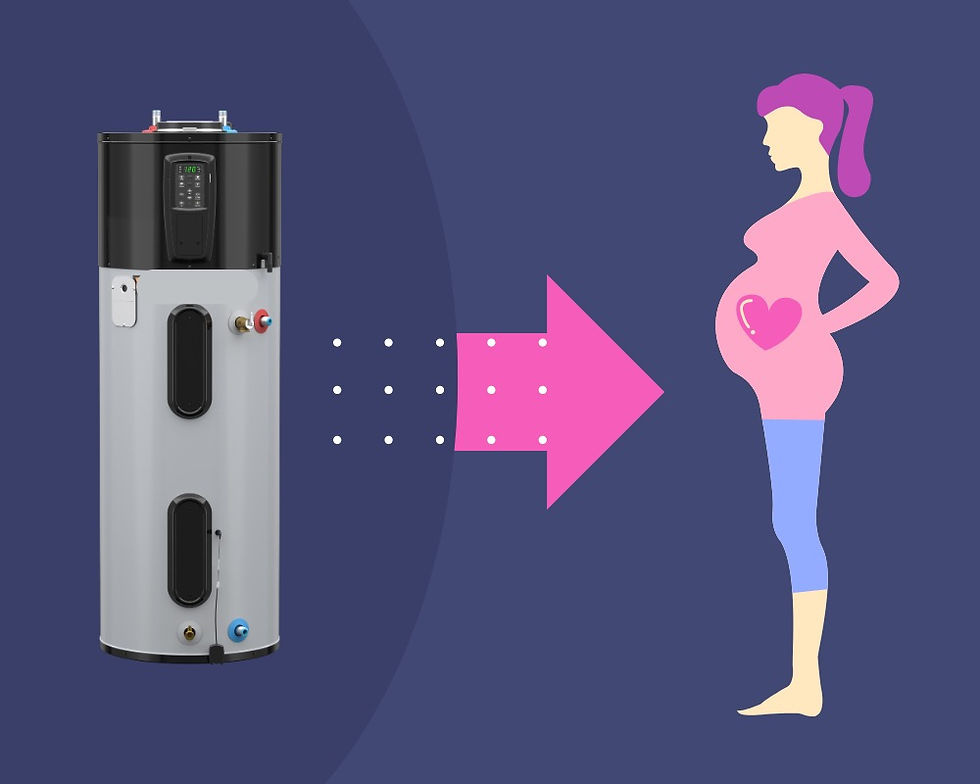Idling Engines are Harming our Children
- Nov 20, 2018
- 3 min read
Do your friends sit in their cars with the engines on while waiting for their kids to get out of school? Okay, maybe you’ve even done it yourself once or twice. Do you ever get into your car, turn it on, then check your phone or eat a sandwich? What about when you go to the drive-through window at Walgreens or In-and-Out Burger? Do you leave your car on or do you turn it off? By turning engines off instead of idling, drivers can reduce air pollution that causes health problems, save money and gas, and do their part to mitigate climate change!

Source: roadtrafficsigns.com
Idling is bad for human health.
US Environmental Protection Agency (EPA) monitoring at schools during afternoon pickup reveals “hot spots” of elevated air toxics. This poor air quality increases respiratory ailments like asthma and bronchitis, and heightens the risk of life-threatening conditions like cancer. Motor vehicle engine exhaust from engines affects children and the elderly much more severely than healthy adults. Because children’s lungs are still developing, they are particularly vulnerable with exposure potential leading to permanent lung damage. Reducing idling would help improve our community’s health.
Idling wastes gas and emits greenhouse gases.
Each day, Americans, voluntarily idling their vehicles, contribute to burning as much as 3.8 million gallons of gasoline and emitting 40,000 tons of CO2. Additionally idling motor vehicles emit particulate matter, NO2, deadly carbon monoxide and other emissions that are harmful to health and contribute to smog formation.
But my Dad told me, idling saves gas and is better on my engine.
Not true. Most drivers believe that turning a vehicle on and off is hard on the engine and wastes gas. While this was true a few decades ago, now, the opposite is true: Idling actually puts more wear and tear on the engine and wastes fuel. See here for more info.
The good news is that it is all preventable!
GreenTown efforts.

New City of Los Altos signage.
In Fall 2017, GreenTown presented the issue to the Los Altos Environmental Commission. GreenTown and the Commission then conducted surveys at public spaces and schools to record the extent of vehicle idling. The survey results were quantified in a report to the Environmental Commission in April 2018 and later distributed to City staff and school administrations. You can view the full report here. Based on the survey data, vehicle idling at schools and commercial and civic areas was estimated to contribute more than 94 metric tons of CO2 to the atmosphere. Reducing idling would not only help the City meet its climate action goals but also would reduce the concentration of toxins in the air we breathe, which are hazardous to human health.
The impacts of efforts to raise awareness about the impacts of vehicle idling are evident:
The City is doing its part by establishing a policy for its employees and vehicle fleet to reduce unnecessary idling as well as posting signs in the City Hall parking lot.

Anti-idling signage at the drop-off at LAHS.
Los Altos High School (LAHS) has also initiated educational efforts by including anti-idling messaging in its student drop-off and pick-up procedures and posting signs in school drop-off and pick-up zones. In addition, LAHS’s Green Team is developing an anti-idling educational campaign that may include student-designed stickers, window clings, and handouts.
Next up, GreenTown volunteers are working to engage the Los Altos School District in similar anti-idling education efforts and have offered to assist the LAHS Green Team, Pinewood School, and other organizations with their anti-idling education efforts.
Do you have questions about GreenTown’s anti-idling efforts or wish to assist GreenTown with this or other programs? Email info@greentownlosaltos.org.





Comments